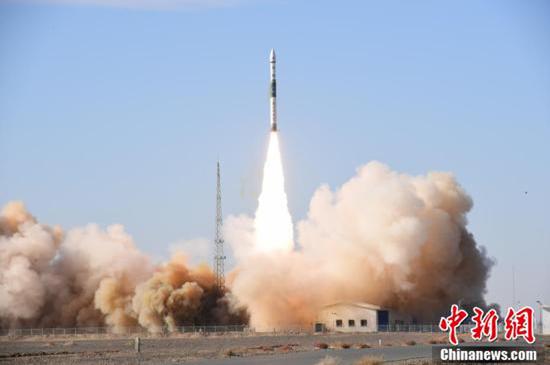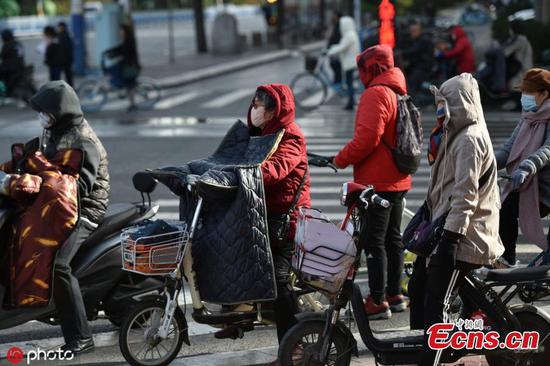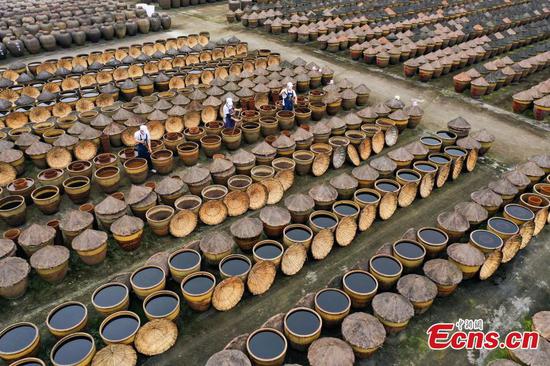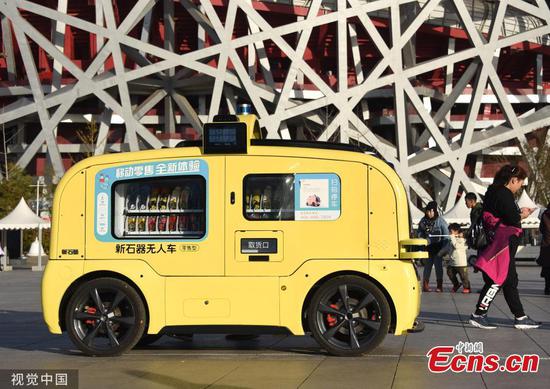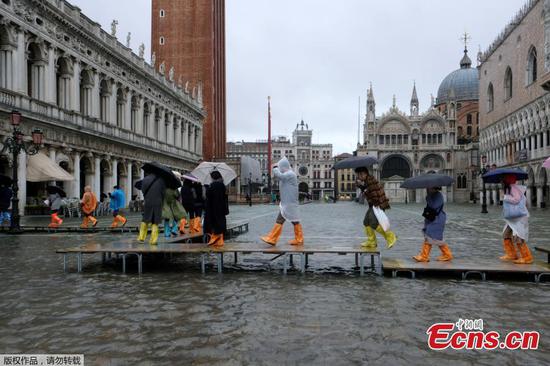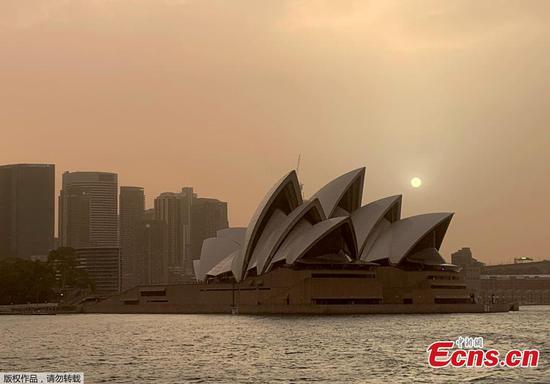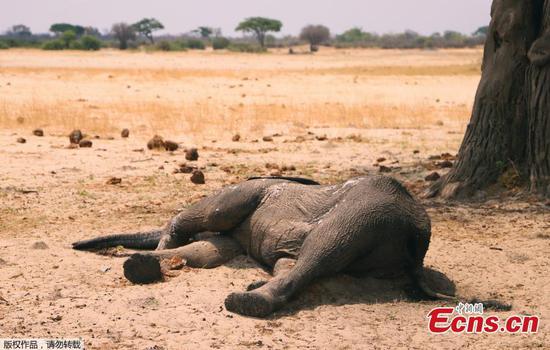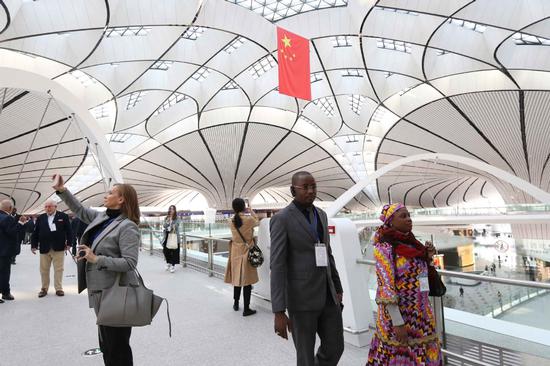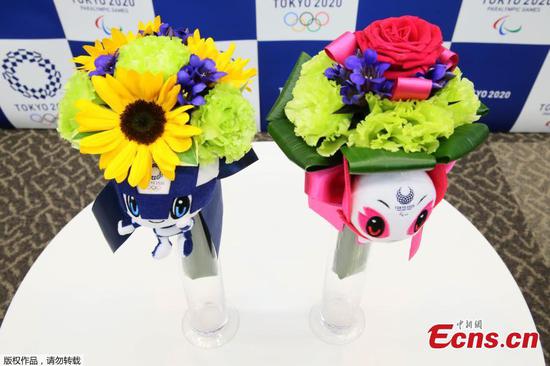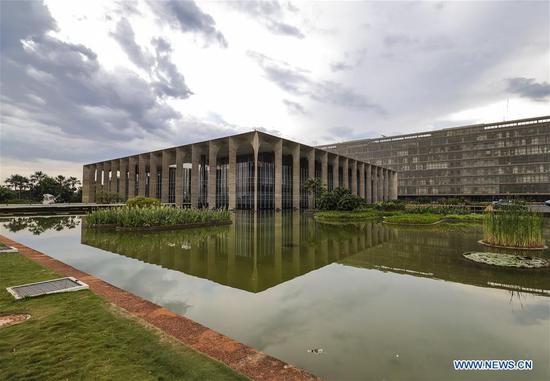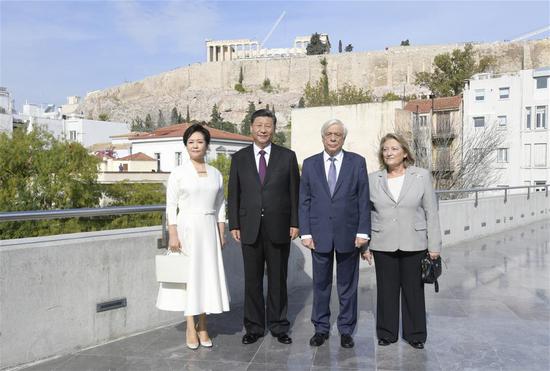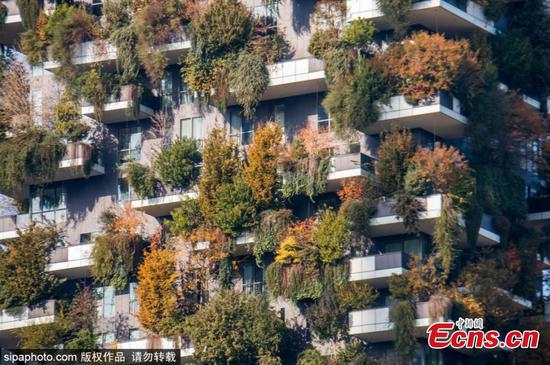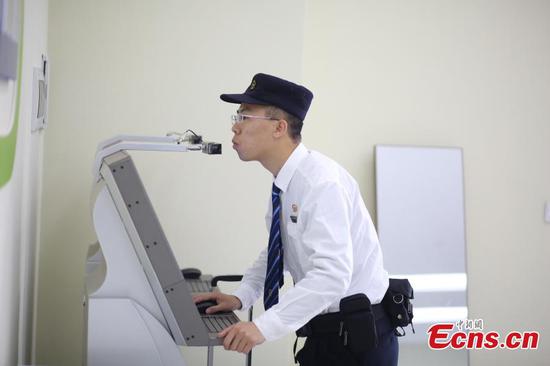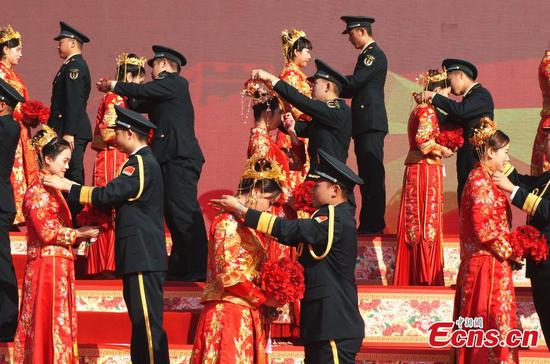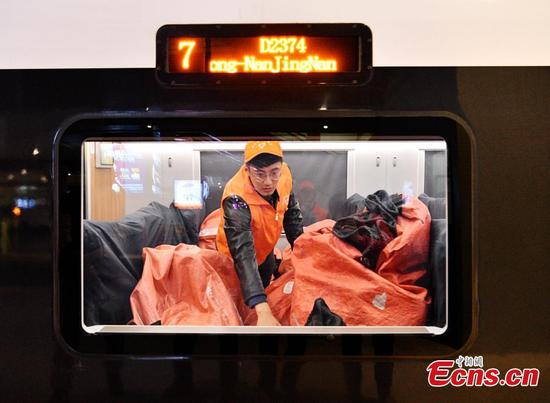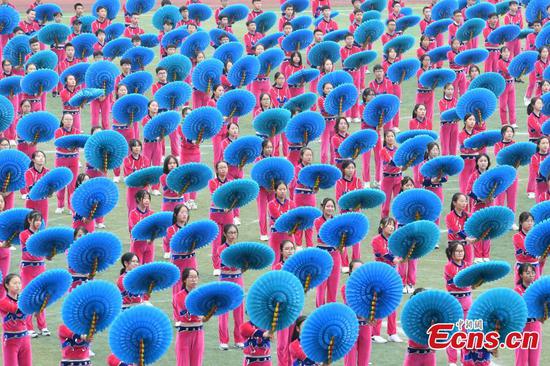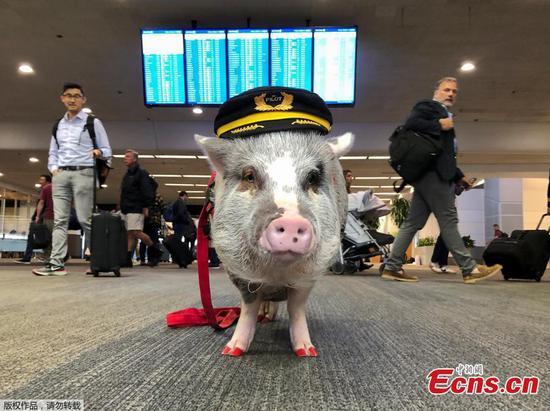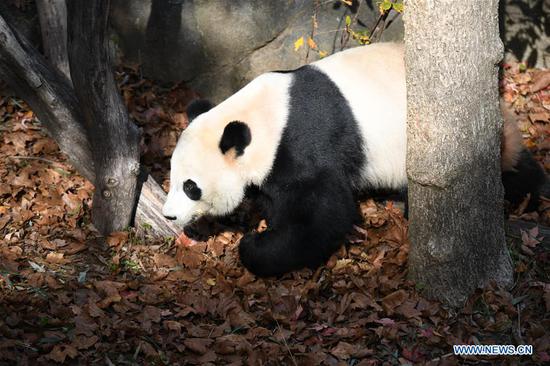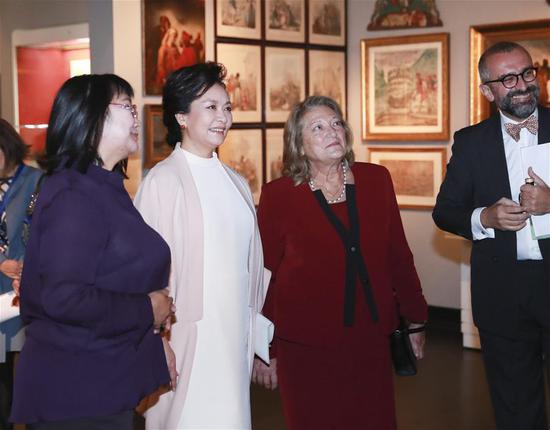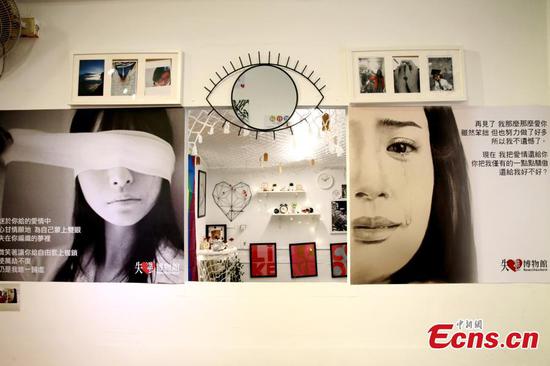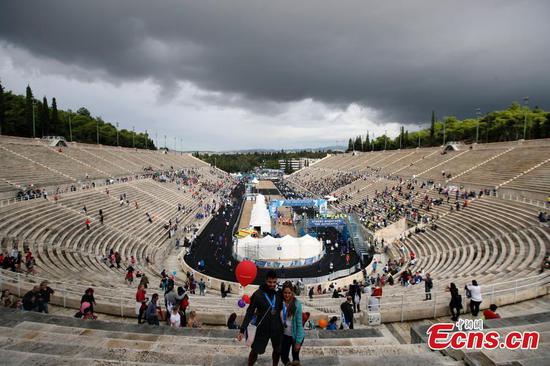Progressively tackling the issues facing Hong Kong, which has been hit by protests since June, is one approach that the city can take as it works within the "one country, two systems" principle, according to Singapore's Prime Minister Lee Hsien Loong.
Hong Kong is not a country but a special administrative region of China and it has to "live and work" within the principle, said Lee in a dialogue at the Forbes Global CEO Conference in Singapore on Oct 16.
Lee said that protesters demanding universal suffrage and an amnesty for those charged with rioting are trying to humiliate and bring down the city's government, Reuters reported.
He also said that dealing with the city's deep-rooted social issues such as its housing crunch required political courage from its leaders.
Highlighting housing in Hong Kong, Lee said: "It is expensive, young people can't afford if, a flat costs 22 years' worth of income so it's not practical, and even to rent a space is very expensive. And so people feel, 'what am I slogging for, where is the future? Where is the pot of gold?'"
These are things, Lee said, that the SAR government can make progress on, but it will take time.
Lee said Singapore thrives best when the region is stable, when other countries are prospering and when Singapore can do business with them.
"We look on with concern, we hope that Hong Kong will be able to overcome these problems," he said.
Lee explained that Singapore focuses very much on the basic needs of the people through the government's housing schemes, healthcare system and education infrastructure.
"We have tried to make sure that people have basic needs met, aspirations achievable, and a sense that this is theirs, this is their country, that they have every reason to be proud of it and they will defend the system and they will defend the country," Lee said.
The prime minister has made remarks on Hong Kong on several other occasions.
Speaking at an event organized by the Japanese Chamber of Commerce and Industry in Singapore on Oct 10, Lee described Hong Kong's situation as "grave" because there is "a very deep split in the society and in attitudes", according to Japan's weekly Nikkei Asian Review.
Hong Kong and Singapore are often compared owing to their shared status as Asian financial centers and regional transport hubs, as well as their high educational standards.
He said Hong Kong's unrest is "bad" for Singapore, adding that it is "much better for us" that Hong Kong remains "prosperous and stable".
"We cooperate with them, we compete with them. They will do business and we will do business with them ...," Lee stressed. "The instability affects the whole region and the lack of confidence will affect the rest of the region as well."
He said the issues behind the unrest in Hong Kong include housing, jobs, medical care and education.
Addressing the 14th East Asia Summit in Thai capital Bangkok on Nov 5, Lee said that Hong Kong must find solutions to resolve the current situation under the framework of "one country, two systems", calling on all sides to regard the chaos in Hong Kong as "a political challenge" that must be handled with joint efforts, according to China's Central Global Television Network.
"Hong Kong must find the solution under the framework of 'one country, two systems' as Hong Kong is always a part of China," the prime minister said, expressing the hope that Hong Kong restores order soon "as a stable Hong Kong benefits regional peace".
In an interview with Bloomberg earlier, Lee's wife Ho Ching made similar remarks. She believed that the best option for Hong Kong is to "rethink its role in the region and world".
Ho suggested that Hong Kong residents first "look deep within themselves" to decide what role they wish to play in and for China, and if they want to play a constructive role in the world.
In an opinion piece published by the South China Morning Post, Joshua Lok, a freelance journalist based in Hong Kong, said that with a similar colonial past, territorial size and economic success, Singapore and Hong Kong serve as mutual yardsticks for progress and remain competitors at the forefront of the Asia-Pacific region.
Sections of the majority Chinese population in Singapore have expressed a general disdain at the ongoing protests in Hong Kong, often taking to social media to voice their objections, Lok said.
Reaping the rewards of rising wages, gainful employment and increasing affluence, many Singaporeans have moved into high-rise housing as homeowners under the country's housing development scheme, Lok wrote.









